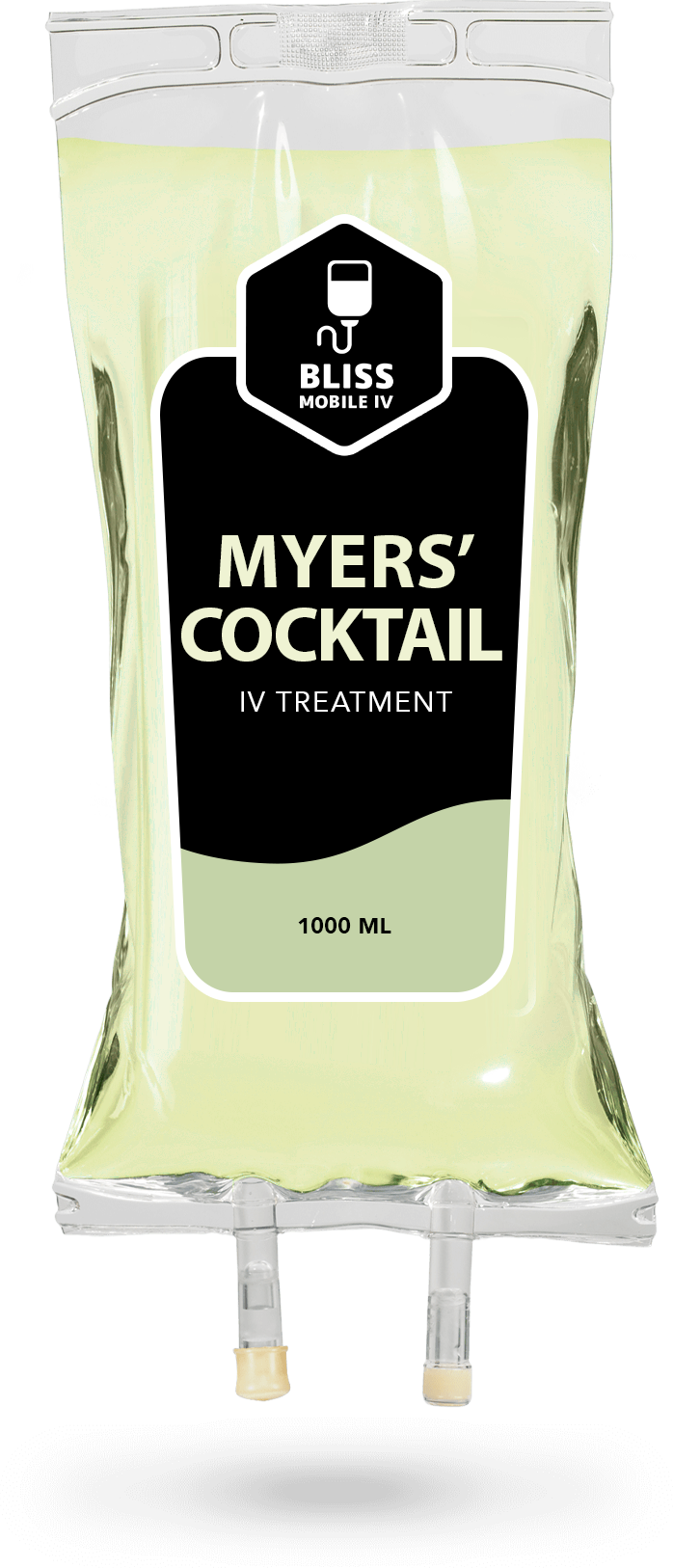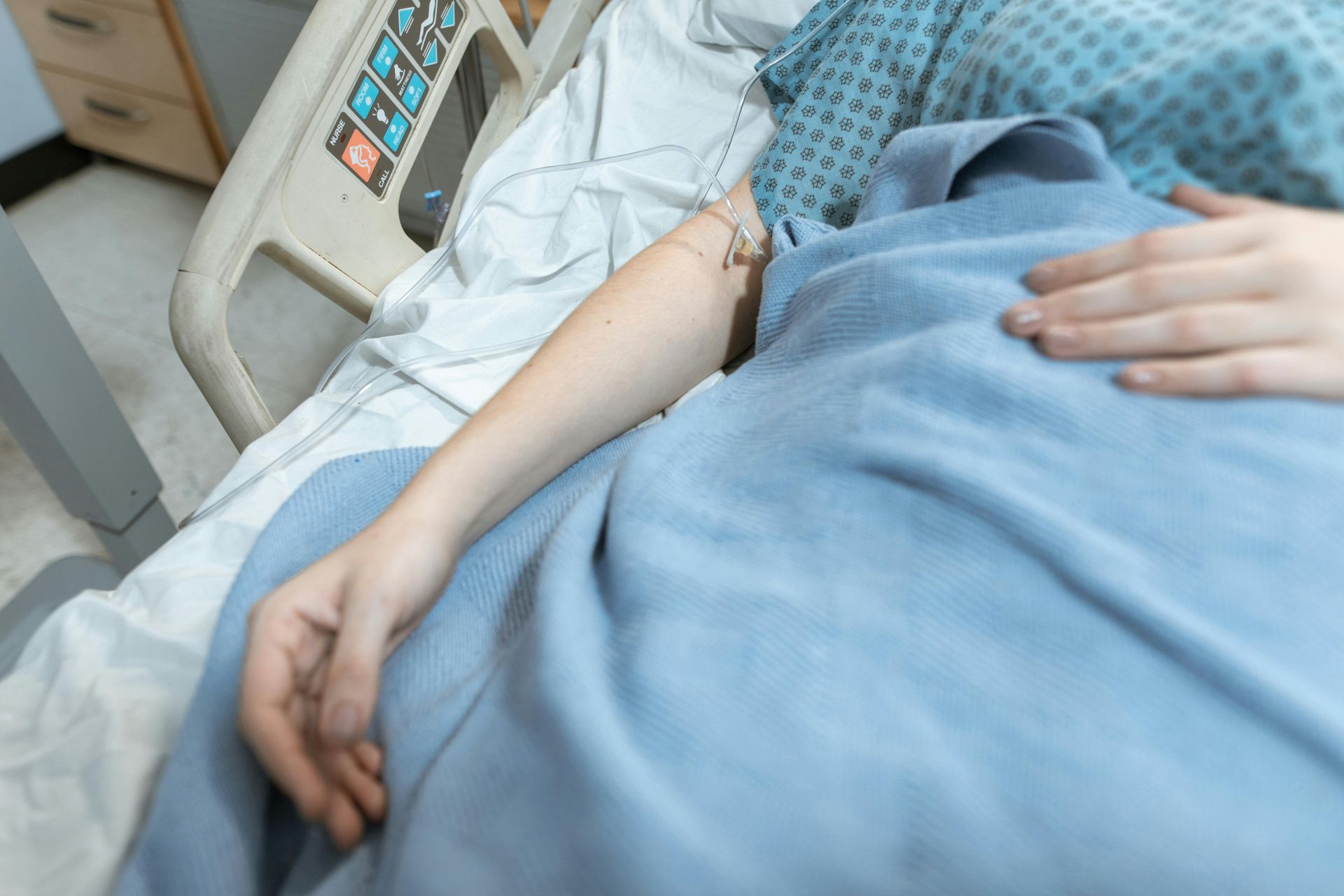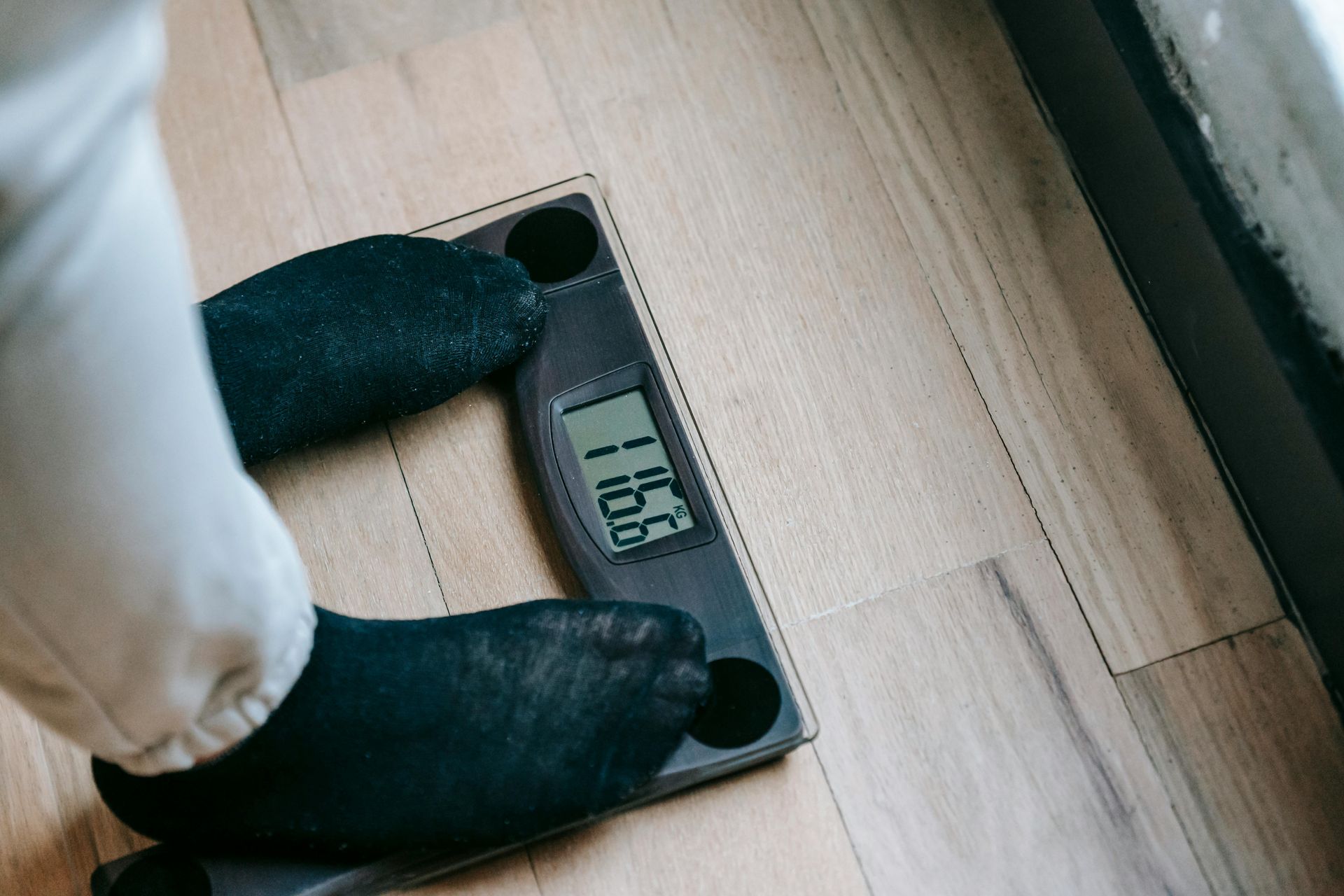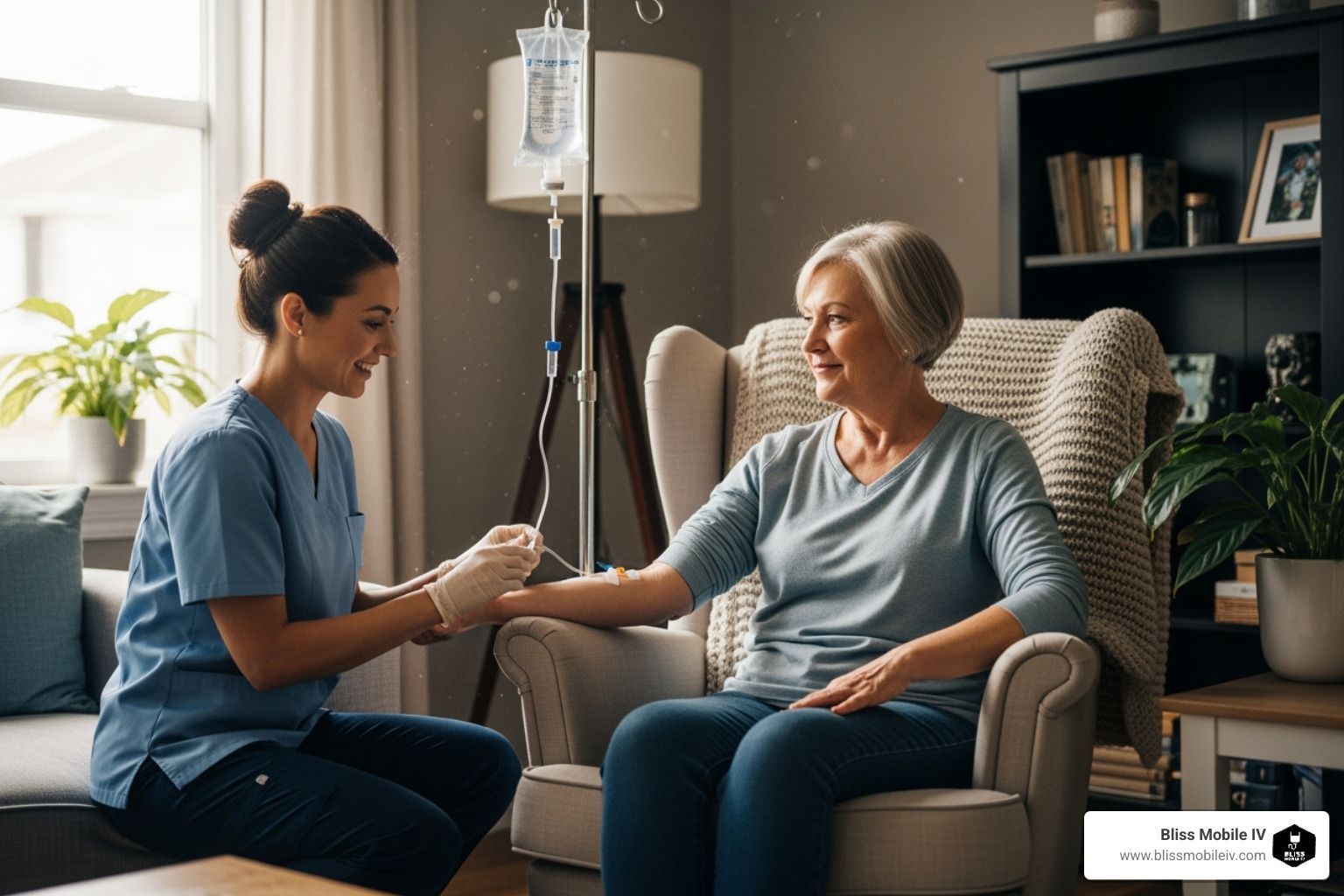Hangover Relief in a Bag: The Truth About IV Drips
Unpacking the Hangover IV Drip Craze
A night of celebration can quickly turn into a morning of regret. In Utah, more and more people are skipping the sports drinks and heading straight for an IV bag in their own living room. Mobile services like Bliss Mobile IV promise fast hangover relief without the drive to a clinic. But do these drips truly deliver, and are they worth the price?
The hangover IV therapy industry has exploded in recent years, changing from a niche medical treatment into a mainstream wellness trend. What was once reserved for hospital emergency rooms has now become as accessible as ordering food delivery. From Las Vegas party-goers to busy professionals in Salt Lake City, people are finding that intravenous hydration can potentially turn a lost day into a productive one.
This comprehensive guide separates science from hype, examining everything from the biological mechanisms behind hangovers to the real-world effectiveness of IV treatments. We'll explore the ingredients commonly used, compare costs and benefits, discuss safety considerations, and help you determine whether this investment in rapid recovery aligns with your needs and budget. Whether you're a skeptic or a curious first-timer, this article provides the evidence-based information you need to make an informed – and hopefully pain-free – decision.
This content is for educational purposes only and is not a substitute for professional medical advice.
What Is a Hangover and Why Do You Feel So Bad?
A hangover is your body's protest against over-indulgence, representing a complex cascade of physiological disruptions that can leave you feeling worse than many actual illnesses. Symptoms usually strike when blood-alcohol levels return to (or near) zero and may last up to 24 hours, though severity and duration vary significantly based on factors like body weight, genetics, food consumption, and the type and amount of alcohol consumed.
Understanding the science behind why you feel so terrible is crucial to appreciating how IV therapy might help. The primary culprits include:
Dehydration & electrolyte loss\u2013 Alcohol is a potent diuretic, meaning it suppresses the production of antidiuretic hormone (ADH), causing your kidneys to produce more urine than normal. This doesn't just mean you lose water \u2013 you also flush out essential minerals. Sodium is crucial for maintaining fluid balance and nerve function, potassium is vital for muscle contractions and heart rhythm, and magnesium plays a role in over 300 enzymatic reactions. The loss of these electrolytes leads to that characteristic thirst, dizziness, weakness, and the drum-like headache that makes even the softest sounds feel like construction work in your skull.
Inflammation throughout the body\u2013 Your immune system treats alcohol as a foreign invader, releasing inflammatory compounds called cytokines. These same molecules, such as interleukin-12 and interferon-gamma, are responsible for flu-like symptoms, which explains why hangovers often feel similar to being sick. This inflammatory response affects your entire body, including your brain, contributing to the cognitive fog, memory impairment, irritability, and sluggish mental state that makes simple tasks feel overwhelming.
Acetaldehyde accumulation\u2013 When your liver processes ethanol, its primary enzyme, alcohol dehydrogenase (ADH), converts it to acetaldehyde, a highly toxic compound that's actually more harmful than alcohol itself. A second enzyme, aldehyde dehydrogenase (ALDH), then breaks acetaldehyde down into harmless acetate. If you drink faster than your liver can perform this two-step process, acetaldehyde builds up in your system. This toxin is a primary cause of nausea, facial flushing, sweating, rapid heartbeat, and those pounding temples that make you want to hide under the covers. Genetic variations, particularly in the ALDH enzyme, can dramatically worsen this effect, a common reason for severe hangovers.
Gastrointestinal irritation\u2013 Alcohol directly irritates the stomach lining, increasing acid production and potentially causing gastritis. It also delays stomach emptying and increases secretions from the pancreas and intestines. This combination leads to the nausea, vomiting, stomach pain, and that queasy feeling that makes the thought of food absolutely revolting, even when your body desperately needs nutrients.
Sleep disruption and fatigue\u2013 While alcohol might help you fall asleep initially, it severely fragments your sleep architecture. It suppresses REM sleep \u2013 the restorative phase crucial for mental recovery \u2013 during the first half of the night. As the alcohol wears off, the body experiences a \"rebound effect,\" leading to a lighter, more disturbed sleep in the second half of the night. You might sleep for eight hours but wake up feeling like you barely rested at all, leading to profound fatigue.
Blood sugar fluctuations\u2013 Alcohol interferes with glucose production in the liver by inhibiting a process called gluconeogenesis. This can cause hypoglycemia (low blood sugar), especially if you haven't eaten. Low blood sugar contributes significantly to feelings of weakness, shakiness, mood changes, and difficulty concentrating.
For a deeper dive into the scientific mechanisms, see the National Institute on Alcohol Abuse and Alcoholism.
How Does an IV Help a Hangover?
The Evidence vs. The Hype
Testimonials are plentiful, peer-reviewed studies are not. Research on IV fluids for acute alcohol intoxication in emergency rooms shows mixed results: a 2023 study and a 2013 trial both found no faster "wake-up" time compared with observation alone. Those trials, however, focused on sobering up patients, not on relieving next-day symptoms.
What science can confirm is that IV therapy quickly corrects dehydration and electrolyte deficits, and IV anti-nausea or anti-inflammatory drugs act faster than oral versions. It does not accelerate alcohol metabolism or erase all inflammatory cascades. In short, think of an IV as high-octane symptom relief rather than a biological "undo" button.
IV Drip vs. Classic Remedies (Quick Snapshot)
| Question | IV Service | DIY Approach |
|---|---|---|
| Speed | Relief often reported in 15–30 min | 1–3 hours (hydration, rest) |
| Convenience | Nurse comes to you | You hunt for water, food, meds |
| Cost | About $100–$400 | Usually under $20 |
| Invasiveness | Needle in the arm | No needles |
| Scope | Targets multiple symptoms at once | May need several separate steps |
The trade-off is clear: time and comfort vs. price and needles. For a mild hangover, sleep and sports drinks may suffice. For a brutal one when you can’t keep water down and have somewhere important to be, an IV can be a worthwhile splurge.
Quick Recap: Why Hangovers Hurt
Alcohol pulls water and minerals from your system, inflames tissues, and leaves toxic acetaldehyde behind. The combination produces headache, nausea, fatigue, and irritability. Understanding those mechanisms explains why rehydration, electrolytes, and anti-inflammatories are the cornerstone of any relief plan.
IV Mechanics in Two Sentences
By bypassing the gut, intravenous fluids achieve full absorption instantly. Added vitamins or medications reach therapeutic blood levels far faster than pills, which is why many clients feel noticeably better before the drip is even finished.
Typical Bag Ingredients (At a Glance)
- 500–1 000 mL saline or Lactated Ringer’s
- Balanced electrolytes
- B-complex + B-12
- Vitamin C
- Magnesium
- Glutathione (optional)
- Ondansetron for nausea (optional)
- Ketorolac for pain (optional)
Claimed Benefits (What Users Report)
- Faster relief of headache and queasiness
- Improved energy and mental clarity
- Ability to tolerate food and get on with the day
- Convenience of at-home care (no driving while miserable)
What We Actually Know So Far
Small studies confirm IV rehydration corrects fluid loss efficiently, but no large, independent trials prove it is superior to oral care for every hangover. Evidence is promising for rapid symptom control; definitive proof of an across-the-board "cure" is still pending.
Safety Notes
Complications are rare but can include vein irritation, bruising, infection, fluid overload, or rare allergic reactions. Anyone with kidney disease, congestive heart failure, or severe liver disease should consult their physician first. Always insist on a licensed professional using sterile technique.
Home Remedies Still Have a Place
While IV therapy offers rapid relief, traditional hangover remedies shouldn't be dismissed entirely. These time-tested approaches can be effective for mild to moderate hangovers and serve as excellent preventive measures or complementary treatments.
Hydration strategies: Start with small, frequent sips of water rather than chugging large amounts, which might trigger nausea. Coconut water provides natural electrolytes, while diluted sports drinks can help replace lost minerals. Herbal teas like ginger or peppermint can soothe stomach upset while providing gentle hydration.
Electrolyte replacement: Beyond sports drinks, consider bone broth, which provides sodium and other minerals in a gentle, easily digestible form. Pickle juice, while unconventional, offers rapid sodium replacement. Oral rehydration solutions (like those used for treating diarrhea) provide optimal electrolyte ratios.
Nutritional support: When you can tolerate food, focus on easily digestible options rich in vitamins and minerals. Bananas provide potassium and natural sugars, eggs contain cysteine (which helps break down acetaldehyde), and whole grain toast offers B vitamins and steady energy.
Natural anti-inflammatories: Ginger has proven anti-nausea properties and can be consumed as tea, capsules, or even raw. Turmeric contains curcumin, a powerful anti-inflammatory compound. Honey provides fructose, which may help metabolize alcohol more quickly.
Pain management: Over-the-counter NSAIDs like ibuprofen can reduce inflammation and headache pain, but avoid acetaminophen (Tylenol) as it can stress an already-working liver. Always follow dosing instructions and consider stomach protection.
Rest and recovery: Quality sleep allows your body to heal and process remaining toxins. Create a dark, cool environment and consider using a humidifier if the air is dry. Gentle stretching or light yoga can improve circulation without overexertion.
Timing considerations: These remedies work best when started early – ideally before bed after drinking or immediately upon waking. The sooner you begin rehydration and nutritional support, the more effective these approaches tend to be.
While these low-cost steps work for many mild to moderate hangovers, they require time, patience, and the ability to keep fluids and food down – luxuries you might not have during a severe hangover or when facing important commitments.
The Ultimate Cure: How to Prevent a Hangover
Sticking to a few simple habits will save you every kind of remedy:
- Pace yourself – about one drink per hour.
- Alternate every alcoholic beverage with a glass of water.
- Eat protein-rich food before (and during) drinking.
- Favour clear spirits if possible – they contain fewer congeners.
- Get a solid night of sleep.
Follow these steps and you may never need to see the inside of an IV bag on a Sunday morning again.
Frequently Asked Questions about IV Hangover Drips
How much does an IV drip for a hangover cost?
When you're feeling rough after a night out, the thought of quick relief is priceless. But what's the actual investment for an IV drip for hangover? Generally, you can expect the cost of these revitalizing treatments to fall somewhere between $100 and $400.
Why such a range, you ask? Well, like many services, the price can vary based on a few key factors. It often depends on the provider offering the service, the specific ingredients included in your customized drip (some powerful additions like extra vitamins or specialized medications can increase the price), and whether you're visiting a clinic or opting for a convenient mobile, on-site service that comes right to your door.
Now, for the big question: is this magical relief covered by your health insurance? The straightforward answer is no, IV hangover therapy is generally not covered by health insurance. These treatments are typically considered an elective wellness treatment rather than a medically necessary procedure for a diagnosed illness. This means that, for most people, you'll be paying for these services out-of-pocket. It's an investment in feeling better, fast!
Who should consider or avoid IV hangover therapy?
When you're feeling absolutely miserable from a hangover, the thought of quick relief from an IV drip for hangover can be incredibly appealing. But like any wellness treatment, it's not a one-size-fits-all solution. Knowing if it's the right choice for you is super important.
Generally, an IV drip for hangover can be a great option for healthy individuals who are just having a particularly rough morning after. If you're experiencing severe symptoms like a debilitating headache , overwhelming nausea , or extreme fatigue , and you need to get back on your feet quickly for work or personal plans, this kind of rapid rehydration and nutrient replenishment can be a game-changer. It's especially helpful if your stomach is too upset to keep down water or oral medications.
However, safety is always our top priority at Bliss Mobile IV, and there are certainly times when an IV drip for hangover might not be suitable, or when you should absolutely talk to a doctor first. For instance, if you have certain pre-existing health conditions, adding a lot of fluid to your system quickly can be risky.
This includes people with kidney disease or renal impairment , as your kidneys might struggle to process the extra fluid. Similarly, if you have congestive heart failure or other severe heart conditions, fluid overload can put a dangerous strain on your heart. We also need to be cautious with individuals who have certain blood pressure conditions , whether it's very high or very low.
Other considerations include if you're taking blood thinners , as there's a slightly higher risk of bruising or bleeding at the injection site. And while rare, if you have known allergies to any of the vitamins or medications typically found in an IV drip, it's best to avoid it. If you're pregnant or breastfeeding , you should always get clearance from your OB-GYN before considering any IV therapy. Lastly, if you have severe liver disease or are experiencing symptoms that feel more like a serious medical emergency (like alcohol poisoning), an IV drip for hangover is not the answer – you need immediate medical attention from an emergency room.
Your health and well-being are paramount. That's why it's absolutely crucial to have a thorough health assessment and consult with a licensed medical professional before receiving any IV treatment. At Bliss Mobile IV, our qualified healthcare providers ensure that every client is a good candidate for the chosen therapy, making sure your experience is not only effective but also completely safe.
The Bottom Line: Is It Worth It?

An IV won’t erase every consequence of a late night, but it can shrink a day-long ordeal into under an hour of treatment. If cost, needles, or a mild headache give you pause, classic remedies may do the trick. If you’re flattened by nausea, pressed for time, or simply want the most efficient option, scheduling a mobile infusion could feel priceless.
Ready to decide for yourself? Learn more or book a licensed nurse to come to you anywhere from Salt Lake City to Cedar City at Bliss Mobile IV.
Understanding the Mobile IV Experience
For many people considering IV hangover therapy, the logistics and experience itself can seem mysterious or intimidating. Understanding what to expect can help you make an informed decision and feel more comfortable with the process.
Booking and scheduling: Most mobile IV services, including Bliss Mobile IV, offer online booking systems or phone consultations. You'll typically complete a brief health questionnaire covering medical history, current medications, and specific symptoms. Many services offer same-day appointments, with some providing emergency or early morning slots for urgent situations.
Pre-treatment preparation: Before the nurse arrives, ensure you have a comfortable place to sit or recline for 45-60 minutes. A couch, recliner, or bed works well. Have your ID ready and consider having a light snack available if your stomach can tolerate it. Wearing loose-sleeved clothing makes IV insertion easier.
The treatment process: A licensed healthcare professional will arrive with all necessary equipment, including IV supplies, medications, and emergency equipment. They'll review your health information, check vital signs, and explain the chosen treatment blend. The IV insertion typically takes just a few seconds, and most people report minimal discomfort – often less than a typical blood draw.
During the infusion: You're free to relax, watch TV, work on your laptop, or even nap while the IV runs. Many clients report feeling noticeably better within 15-30 minutes as hydration and nutrients enter their system. The healthcare provider monitors you throughout the treatment and can adjust the flow rate for comfort.
Post-treatment care: After the IV is removed, you'll receive aftercare instructions, including signs to watch for and when to seek medical attention. Most people can resume normal activities immediately, though you should avoid strenuous exercise for a few hours.
Follow-up considerations: While most clients feel significantly better after one treatment, some may benefit from additional hydration or a follow-up session, particularly after multi-day events or severe dehydration.
Cost-Benefit Analysis: Making the Financial Decision
When weighing whether IV hangover therapy is worth the investment, it's helpful to consider both the direct and indirect costs and benefits.
Direct costs: At $100-400 per treatment, IV therapy represents a significant expense compared to traditional remedies. However, consider this against the potential costs of a lost day: missed work (potentially hundreds in lost wages), cancelled plans (lost deposits, disappointed friends), or the need for multiple trips to the pharmacy for various remedies.
Time value: If you earn $25-50 per hour, a full day of hangover recovery represents $200-400 in lost productivity. For high earners or those with critical commitments, the time savings alone might justify the cost.
Opportunity costs: Consider what you're missing due to hangover symptoms. Important meetings, family events, recreational activities, or simply feeling well enough to enjoy your weekend all have value that's difficult to quantify but very real.
Frequency considerations: If you find yourself needing hangover relief regularly, the costs add up quickly. In such cases, focusing on prevention strategies might be more cost-effective long-term. However, for occasional use during special events or particularly rough mornings, the expense might be justified.
Comparative effectiveness: While traditional remedies cost under $20, they also require more time, effort, and aren't guaranteed to work, especially for severe hangovers. The convenience and reliability of IV therapy may justify the premium for many users.
Insurance and tax considerations: Since IV hangover therapy is considered elective wellness treatment, it's not covered by health insurance and isn't tax-deductible as a medical expense. Factor this into your decision-making process.








